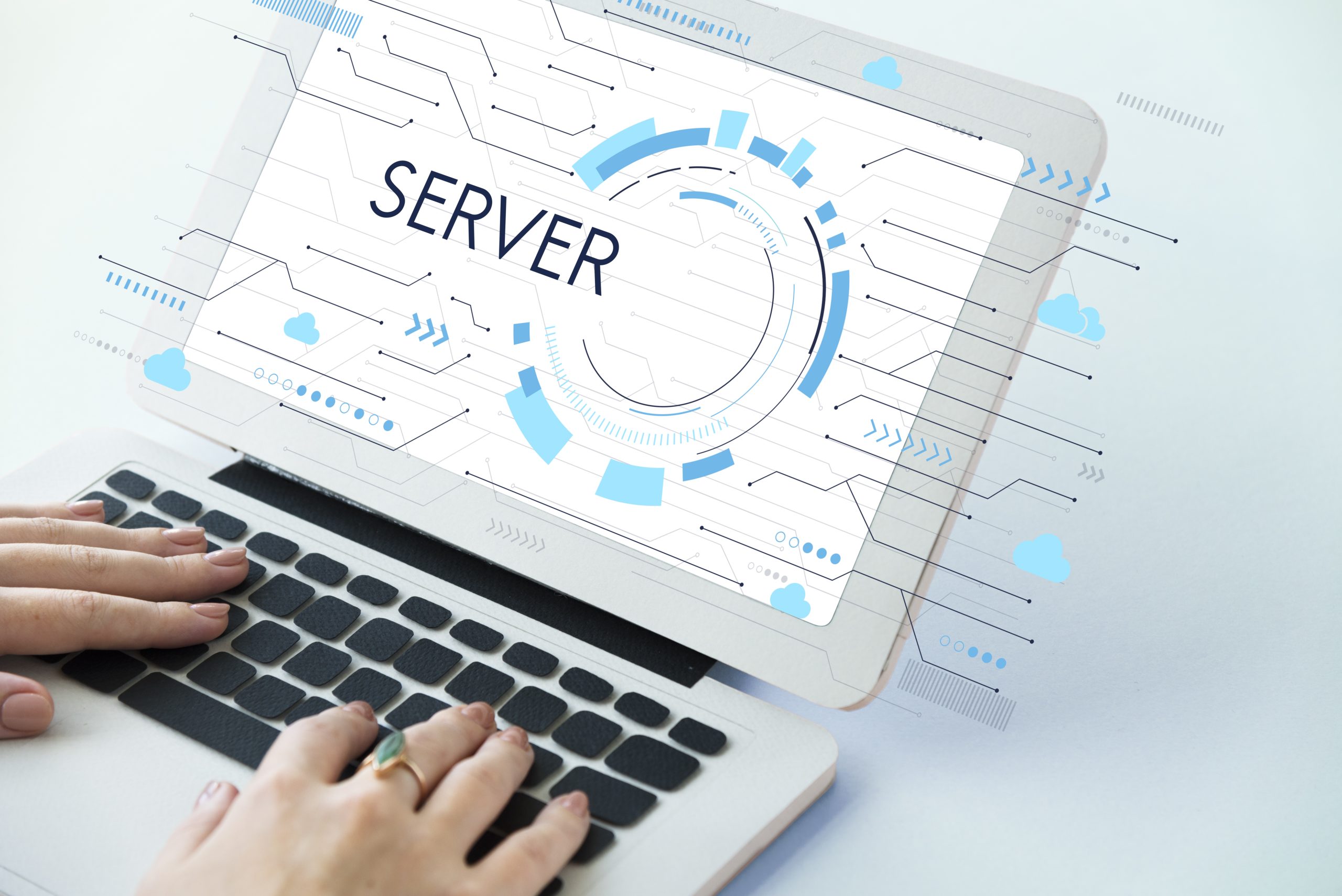Businesses are constantly seeking ways to enhance profitability through innovative methods and technologies. One effective approach is implementing an ERP system designed to streamline operations while keeping costs under control.
By automating key processes and managing tasks more efficiently, ERP systems can significantly reduce operational costs. Choosing the right ERP solution tailored to your business needs can improve overall productivity and minimize the time spent on manual tasks. This streamlined approach not only reduces the workload but also enhances organizational efficiency, ultimately leading to substantial savings.
How ERP Helps for Save Money
ERP systems streamline and automate core business processes, which can significantly cut costs. By integrating various functions such as accounting, inventory management, and sales into a single platform, ERP reduces the need for multiple disparate systems and minimizes manual data entry errors. This efficiency leads to better resource allocation, improved decision-making, and enhanced operational visibility
1. Reduces Operational Costs
ERP systems help you cut down on operational costs by automating repetitive tasks. For instance, instead of manually entering data into different systems, ERP can handle this automatically. This reduces the need for additional staff and minimizes the chances of human error.
2. Improves Inventory Management
Managing inventory can be tricky, especially if you’re juggling multiple suppliers and stock levels. An ERP system provides real-time insights into your inventory, helping you avoid overstocking or running out of essential items. This can lead to significant cost savings and better cash flow management.
3. Streamlines Financial Processes
ERP systems integrate various financial processes, such as invoicing, expense tracking, and financial reporting. By consolidating these processes, ERP software ensures that financial data is accurate and up-to-date, reducing the time and cost associated with manual bookkeeping.
4. Enhances Decision-Making
With an ERP system, you have access to comprehensive and up-to-date data about your business. This enables you to make informed decisions based on accurate information, which can help you identify cost-saving opportunities and optimize your operations.
5. Reduces IT Costs
Traditional software systems often require separate servers, maintenance, and updates. Cloud-based ERP solutions eliminate the need for on-premises hardware and reduce IT maintenance costs. You can access your ERP system from anywhere with an internet connection, which also offers flexibility and scalability as your business grows.
How ERP Streamlines Your Operations
1. Centralizes Data
One of the biggest advantages of ERP is that it centralizes all your business data. Instead of having information scattered across different systems or departments, ERP integrates everything into one place. This makes it easier to track performance, manage resources, and ensure consistency.
2. Improves Workflow Efficiency
By automating and integrating various business processes, ERP systems streamline workflows and reduce the time spent on manual tasks. This leads to faster processing times, fewer errors, and more efficient use of resources.
3. Enhances Collaboration
ERP systems facilitate better communication and collaboration between departments. Since everyone has access to the same data, it’s easier to coordinate efforts, share information, and work towards common goals.
4. Provides Real-Time Insights
With real-time data and reporting capabilities, ERP systems give you instant access to key performance indicators (KPIs) and other important metrics. This allows you to monitor your operations closely and make adjustments as needed.
5. Scales with Your Business
As your business grows, your ERP system can grow with you. Modern ERP solutions are scalable, meaning you can add new features or modules as needed. This flexibility ensures that your ERP system continues to meet your needs as your business evolves.
Choosing the Right ERP System
When selecting an ERP system, it’s important to consider factors such as cost, functionality, and ease of use. Look for a solution that fits your specific business needs and budget. Many ERP providers offer scalable options and flexible pricing plans, so you can find a solution that works for your business size and growth plans.
Conclusion
Investing in an ERP system can be a game-changer for your business. By automating processes, centralizing data, and providing real-time insights, ERP software helps you save money and streamline your operations. Whether you’re looking to reduce costs, improve efficiency, or enhance decision-making, ERP has the power to transform your business for the better.





